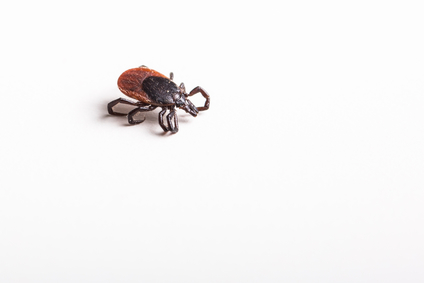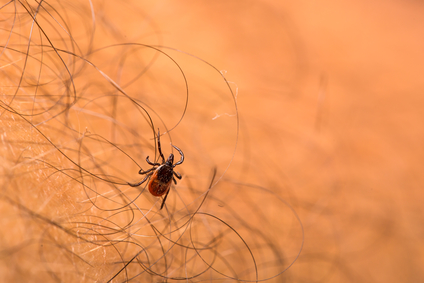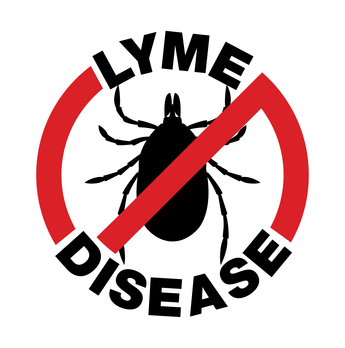Busting Three Myths About Ticks For Lanham, MD Residents
- Esther M.
- Nov-04-2020
- Prince George's
When you think of a super sneaky agent, you should add to your list this tiny bug, the tick. Why? Most people who got a tick bite in Prince George’s County will say that they didn’t even notice they were bitten. It was only after noticing a swelling on their body or some redness, that they knew something was not right.
Just like in many other subjects, there are Old Wives’ Tales about ticks. They range from where you are likely to find them, how they attack, and how long they can survive. To be ready for them, you need to have solid information on these creatures. In this post, we’ll demystify some common tick myths.

Myth #1: Ticks don’t survive winter
It is a common belief that ticks don’t survive cold seasons. Is it really true that they can only survive during the warm months? Are there times of the year when they are inactive?
Ticks can be active year round
Although some tick species prefer warmer temperatures and are more active during spring and summer months, others remain active year round. Adult black-legged ticks, also known as deer ticks, for example, are in fact most active from fall to spring, often after the first frost. In the Northeast region of the United States, populations of these adult ticks start growing in early October and will remain active as long as the temperature remains above freezing and the ground doesn’t freeze or become covered in snow.
The time of day when ticks are most active can also vary from species to species, as some prefer to hunt during the cooler and more humid hours of the early morning and evenings, while others are more active at midday, when it is hotter and dryer. Read more from Igenex…
Myth #2: A simple tick bite spreads disease
Some ticks carry diseases and if they bite you, you will definitely need to see a doctor. The most common tick disease is Lyme Disease and many people dread it. When it comes to how you can get Lyme, many believe ticks are like snakes – one bite and it is all bad news for you. But is this true?
Even if the tick is infected with Borrelia burgdorferi (the organism that causes Lyme disease) the risk of developing Lyme disease is low. The tick has to have taken a “blood meal” from the human host before it can pass along an infection. This means the tick has to be attached and feeding for more than 36 hours before it can transmit Lyme. A tick that has not yet attached to the skin is easy to remove or is not engorged (i.e. is still flat) when removed, could not have transmitted Lyme disease or any other infection. That’s why it is important to do regular “tick checks” on yourselves and your children so that ticks can be identified and removed quickly.. Read more from Mt. Ascutney Hospital…
Myth #3: You need to burn the tick to remove it
To properly remove ticks, it’s important to understand how they bite. Ticks are arachnids. When it wants to bite, it starts by gently getting its Chelicerae, the front part of the mouth, into its host’s skin. It has a sharp point that can easily puncture the skin with minimal force. With this understanding, how then should they be removed? Burning them out, maybe?
According to Dr. Rich, this thinking is totally wrong and misguided. “Imagine trying to burn something the size of a poppy seed or smaller that’s attached closely to your skin,” he says. “This is potentially dangerous and painful. Agitating the tick can put you at a higher risk of exposure.”
Other popular myths about removing ticks include smothering it with oil, butter, nail polish, nail polish remover, dish detergent, Vaseline, alcohol, or aftershave. All pose the same risk as burning.
The best — and the safest — way to remove a tick is to use fine-tipped tweezers. Grasp the tick as close to the skin as possible and pull straight up in a firm but slow and steady motion until it pops out of the skin. Read more from Gear Junkie…
With these facts in mind, you are ready to tackle these arachnids if or when they attack. As the saying goes, to be forewarned is to be forearmed. Supposing they attack, or you notice their presence in your yard, what do you do? Your best shot is to call in the professionals. And that’s exactly what Backyard Bug Patrol is here for! You can trust that our absolute pure disdain for pests, not to mention our experience, will rid your home of them effectively. Call us today for the best tick control services!


